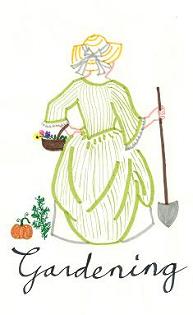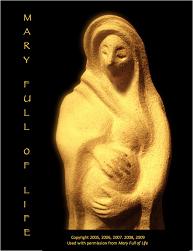OK, at some point, I’m going to have to finish writing up the homeschool conference. Preferably, before we re-start school for the year (which happens the first full week of August for us; it’s just too hot to be out, so we might as well be inside, studying, so that we can be outside gardening come May).
Next up was Prof. Joseph Pearce again, this time discussing “Reclaiming Christian Culture.”
One of our goals in education, and homeschooing in particular, of course, Prof. Pearce said, is to hand on the inheritance of 3,000 years of Western Civilization. If it’s true, furthermore, it is not just western, it belongs to the whole world. It also has to be noted that it is synonymous with Christendom, i.e. Catholicism.
Looking at history, J.R.R. Tolkein noted the, “splintered fragments of the one true Light that comes from God.” God, Prof. Pearce pointed out, watches over everyone’s path. In history, particularly, God was preparing the Greeks through gifts of creativity and reason. That stream would combine with the Christian faith fulfilling the Old Testament to form what we call Western Civilization.
In Greece, Socrates, Plato, and Aristotle, by reason, concluded that there must be gods. Eventually, the philosophers’ thought moved towards the conclusion that there must be one god. Also, the philosophers saw the physical world as the expression of the supernatural world that powers it. Later, Augustine “baptized” Plato, discussing him with Christian eyes, just as Aquinas would later use the Greek philosophers to help explain certain points of Christian doctrine.
Of course, the Enlightenment dismissed all of this beautiful synthesis of faith and reason (which the Catholic Church has always held as complimentary) as the Dark Ages, since everything before the dawn of the philosophes had to be darkness and ignorance, right? Prof. Pearce pointed out that “Enlightenment” was a name the new movement claimed for itself, not that anyone else decided they actually merited; he holds that “the Disenchantment” would be a more accurate description of the movement. Quickly, there was no more beauty or order, only accidents.
Tolkein fights this view in his creation myth in the Silmarillion, with the music of creation. Similarly, C.S. Lewis writes a creation myth for Narnia that includes the “song of Aslan.” Scientists have found twenty physical constants that have to exist for the universe to allow for life (the odds of them all being right are like the odds of looking for one particular grain of sand on all of the world’s beaches). Yet, our modern mindset is firmly rooted in the accidentalness of existence.
And so we come to modern times. The Church is, yet again, in exile. This shouldn’t alarm us terribly, Pearce pointed out; exile is the norm. Jesus was rejected, the English martyrs were killed and others were exiled, etc. Always, at some level, exile is the normal state of things for Christians. He cited the “Salve, Regina”, “… and after this, our exile…”, describing our hope for Heaven, our true home.
So, this is our challenge as parents: to pass on the valuable inheritance of Western Civilization to our children so that they can pass it on. Prof. Pearce gave five steps to this process:
- Have children. Rather obvious, isn’t it? But birth rates aren’t just plummeting among secularists. The problem here is that secularism and worldliness are “very successful parasites,” in Prof. Pearce’s words; fight against them, but don’t be too shocked if not all of your kids remain faithful Catholics.
- Love in the home. The example of loving parents is a witness to the love of Christ and the Church. It is (or should be) an indissoluble union of self-sacrifice. And it’s more attractive than the cheap immitations the world offers.
- Sacramental life.
- Change the world. You can’t perfect it, but you can work to move it in the right direction. Particularly of note here is the concept of subsidiarity: the family is the heart of economics and politics. Whatever undermines the family is to be shunned.
- Pass on the inheritance.
G.K. Chesterton said, “A thing worth doing is worth doing badly.” We want to do it well, obviously, but we should be willing to do it badly, Prof. Pearce explained, because the alternative is not doing anything at all.
And that’s not really much of an alternative.










